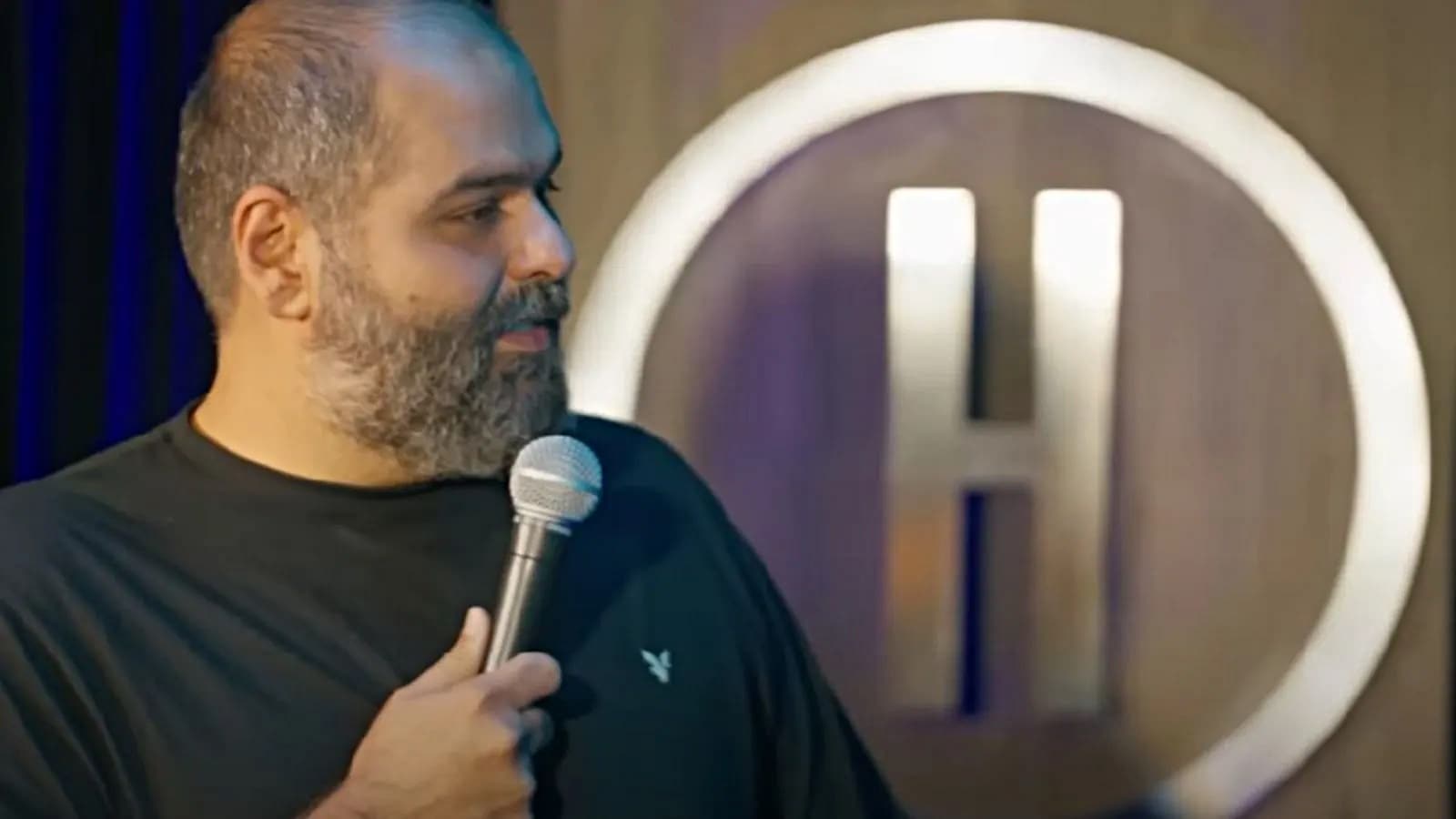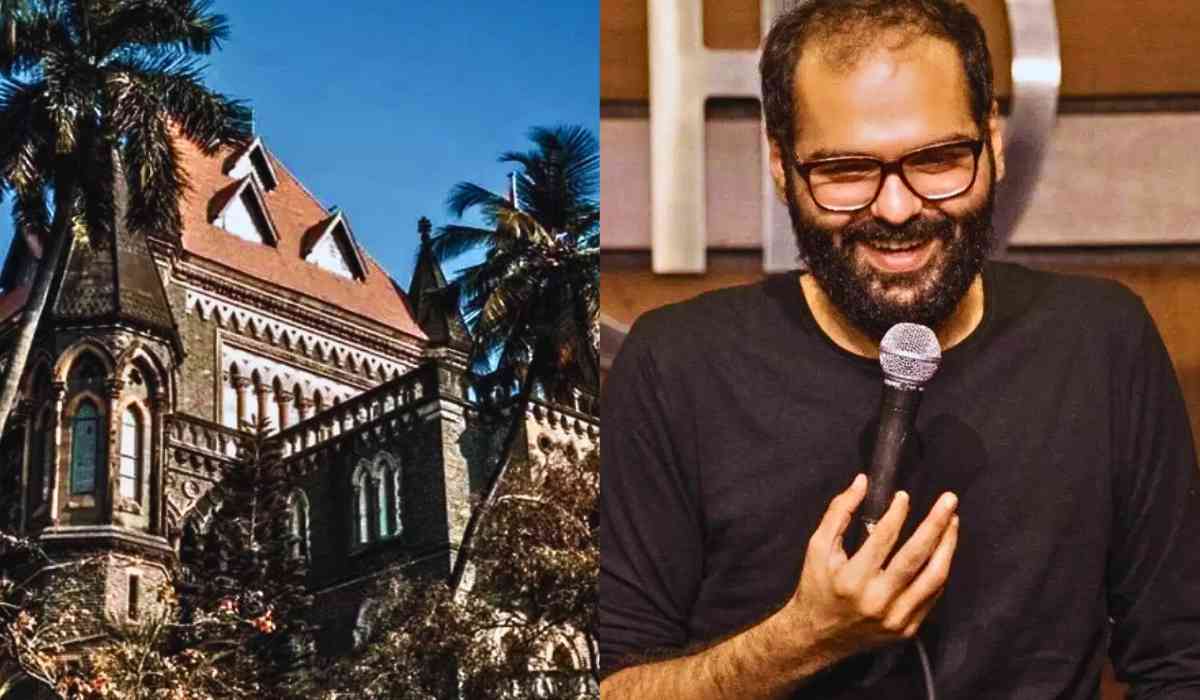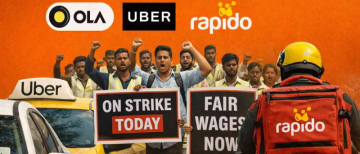In a significant legal move, stand-up comedian Kunal Kamra has approached the Bombay High Court to quash an FIR filed against him for allegedly calling Maharashtra's Deputy Chief Minister Eknath Shinde a "gaddar" (traitor) during one of his comedy shows. This development highlights the ongoing debate about freedom of speech and expression in India, particularly when it involves political figures and satire.

Background of the Controversy
The controversy began when Kamra, known for his sharp political commentary, performed a parody song during his show, which included a reference to Shinde as a "gaddar." This remark was seen as a jab at Shinde's decision to leave the Shiv Sena under Uddhav Thackeray's leadership and form an alliance with the Bharatiya Janata Party (BJP), leading to a split in the party and a change in the state government. Following this performance, a complaint was filed by Shiv Sena MLA Murji Patel, leading to the registration of an FIR against Kamra under sections related to public mischief and defamation. Despite being summoned by the Mumbai Police multiple times, Kamra has not appeared for questioning, citing threats from political activists.
Legal Action and High Court Plea
Kamra's legal team, led by advocate Meenaz Kakalia, has argued that the FIR infringes upon his fundamental rights, including freedom of speech and expression, as guaranteed by the Indian Constitution. They contend that the FIR is politically motivated and does not constitute an offense under the law. The Bombay High Court is set to hear the matter, which raises important questions about the limits of free speech in India, especially when it involves political satire. Kamra's case is not the first instance where comedians or artists have faced legal challenges for their political commentary. However, it underscores the tension between artistic expression and political sensitivities.
Perspective on Freedom of Speech
Freedom of speech is a cornerstone of democracy, allowing citizens to express their opinions freely. However, this right is not absolute and can be restricted if it causes harm or incites violence. The challenge for courts and lawmakers is to strike a balance between protecting free speech and maintaining public order. In Kamra's case, the question is whether his remarks constitute a legitimate form of political satire or cross the line into defamation. Satire often uses humor and irony to critique societal norms and political figures, but it can be subjective and may offend some individuals.
Impact on Comedy and Artistic Expression
The controversy surrounding Kamra's remark has broader implications for the comedy industry and artistic expression in India. BookMyShow, a popular ticketing platform, has removed Kamra's content following a complaint from the Shinde-led Shiv Sena faction, highlighting how political pressure can influence artistic platforms.
This move raises concerns about censorship and the chilling effect it might have on comedians and artists who rely on satire to critique political figures and policies. The fear is that if comedians face legal repercussions for their jokes, it could lead to self-censorship and stifle creative freedom.

Previous Controversies and Legal Battles
Kamra has been involved in several controversies in the past, including legal battles over his political commentary. He has challenged India's IT Rules, which allow the government to label content as 'fake' or 'misleading,' and has faced backlash for his criticism of political figures and institutions. These instances demonstrate that Kamra is not afraid to push boundaries with his comedy, often using satire to critique political leaders and policies. However, this approach has led to legal challenges and public disputes, reflecting the complex relationship between free speech and political sensitivities in India.
Conclusion
Kunal Kamra's challenge to the FIR in the Bombay High Court is a significant test of free speech in India. It highlights the ongoing debate about the limits of satire and political commentary, particularly when it involves high-profile figures. As the court considers Kamra's plea, it will have to balance the right to free expression with the need to protect individuals from defamation and public mischief.
Ultimately, the outcome of this case will have implications not just for Kamra but for comedians and artists across India who use satire to critique political figures and policies. It will also reflect how India navigates the delicate balance between protecting free speech and maintaining public order in a democratic society.
With inputs from agencies
Image Source: Multiple agencies
© Copyright 2025. All Rights Reserved Powered by Vygr Media.






















